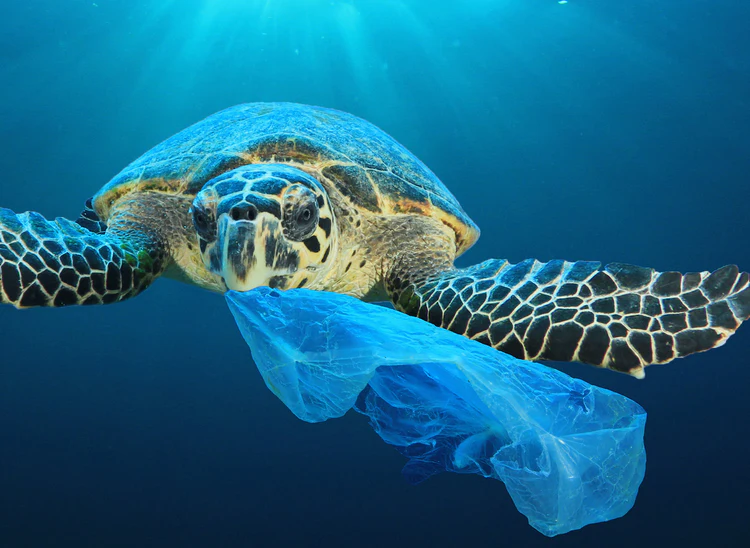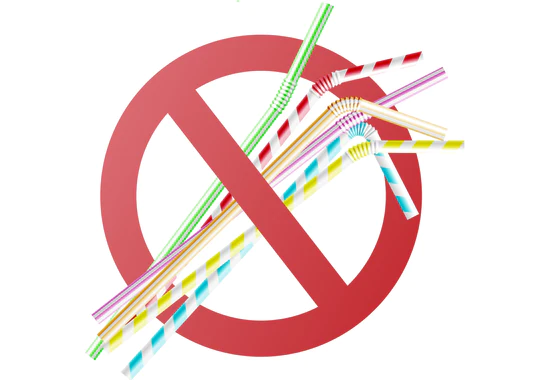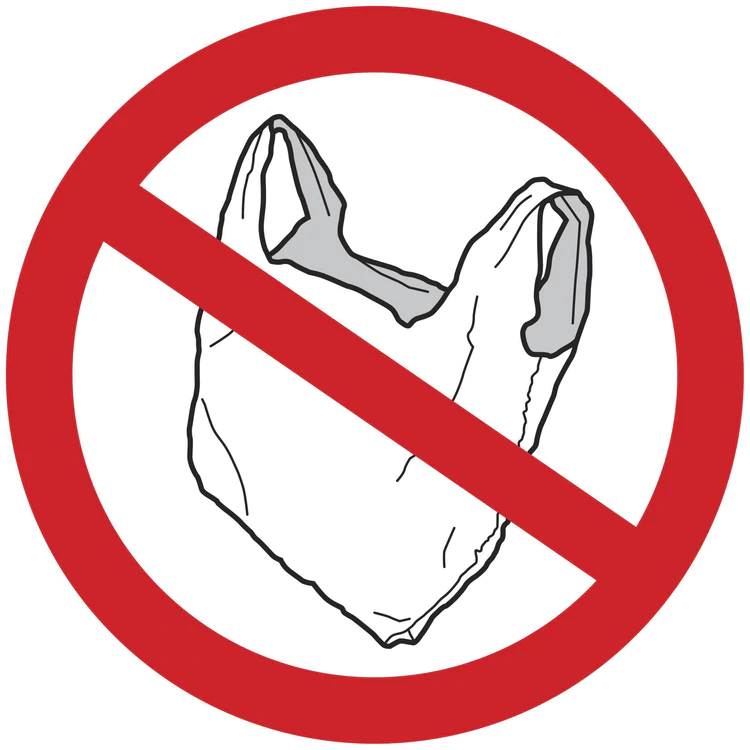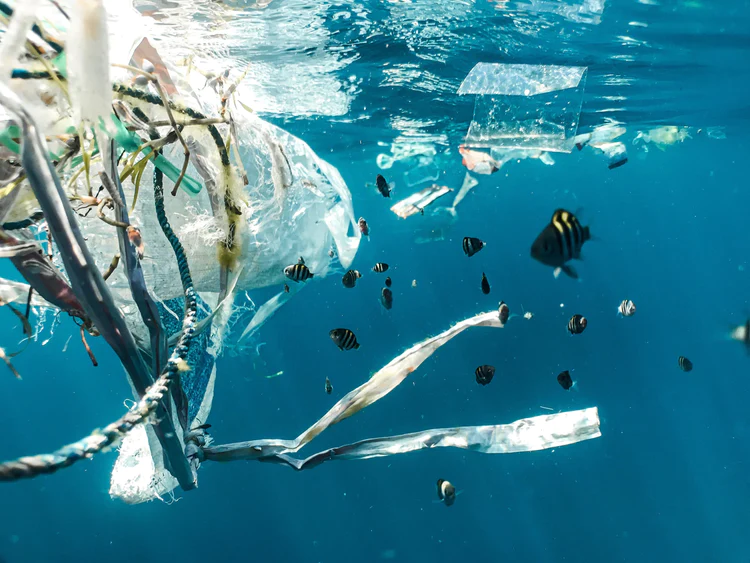Which countries have plastic bans and on what type of products – is this enough for change?

Most people will be aware of some types of plastics bans in their everyday life, for example the ban against free plastic bags introduced in England in 2015, or the EU ban on microbeads in cosmetics. These types of bans have occurred in many countries across the globe, but are perhaps not as widespread as some of us would like and have produced varied results. The most common measure in place is the fee for plastics bags, with most countries who introduced the fee seeing a significant decrease in the number of bags sold through major retails, leading to a decrease in littering of plastic bags.
England saw a 95% drop in single use plastic bags being sold in supermarkets since the charge for plastic bags was launched. Plastic bags were first banned in Bangladesh in 2002 and in Rwanda since 2008 by law and possession of a plastic bag can land you a hefty fine or even jail time which is considered the ‘strictest’ plastic bags ban. The Netherlands banned plastic bags in 2016, A year after the ban, a 71% decrease in plastic bag usage and 40% decrease in resulting litter was observed. India with it’s 1 billion consumers introduced a ban this 1st of July, with the first phase starting on August 12th, on single use plastics listing cutlery, straws, carrier bags and trays which they consider to have ‘ low utility and high littering potential’.

The system of offering the incentive of reward for recycling rather than the punishment for producing waste seems to be working well for many communities.
Bans on other single use plastics are also being seen, mostly targeting plastic straws, disposable plates, cups, and cotton buds. The UK announced plans for a ban on single use plastics in November 2021. Canada declared plastic a toxic substance in May 2021 under its primary environmental law, and in June 2022 published the “Single-use Plastics Prohibition Regulations”. New Zealand has also released plans to phase out all hard to recycle and single use plastics by 2025.
Results from these initiatives can vary, for example the fee on plastic bags has seen a lot of success in Europe and UK, but flat out bans on plastics is difficult to enforce and in many countries the use plastics illegally continues. Some countries have adopted measures other than bans. For example, the deposit scheme in Germany launched in 2003 means consumers pay a 25 cents deposit on all soft and alcoholic drink bottles which is refunded to them once the bottle is deposited at a collection point. Similar schemes have been launched in 10 European countries with results ranging from 82.7% to 97% of bottles being returned for recycling. The system of offering the incentive of reward for recycling rather than the punishment for producing waste seems to be working well for many communities.
So, what should you do with your flexible packaging? The easiest thing to do is to take them back to the place where you most likely got them in the first place, the supermarket. Most supermarkets already accept some types of soft plastics and have pledged to expand on this, aiming for more branches to be able to accept a wider range of plastics for recycling. Ensuring that soft plastics can be collected for recycling on a large scale, without contaminating other types of plastic.

Are bans, recycling schemes and fees enough for change? The evidence would suggest yes, with significant drops in plastic bag usage and more plastic going to recycling. However, there’s still a long way to go, there’s still a huge disparity between waste that gets sent to recycling plants and what actually gets recycled. Perhaps the focus needs to be less on the demand and consumption and more available materials and waste management? Why charge for plastic bags at all when we could eliminate them entirely? Surely it’s time to look at more sustainable alternatives for carrying our groceries.
To curb the tide of plastic we need to see more countries taking action against unnecessary production of needless packaging, for single use and disposable items to be easily recycled or composted, and to address the huge amount of plastic still heading for our oceans and landfills.

Written By
Alice Tomkins

